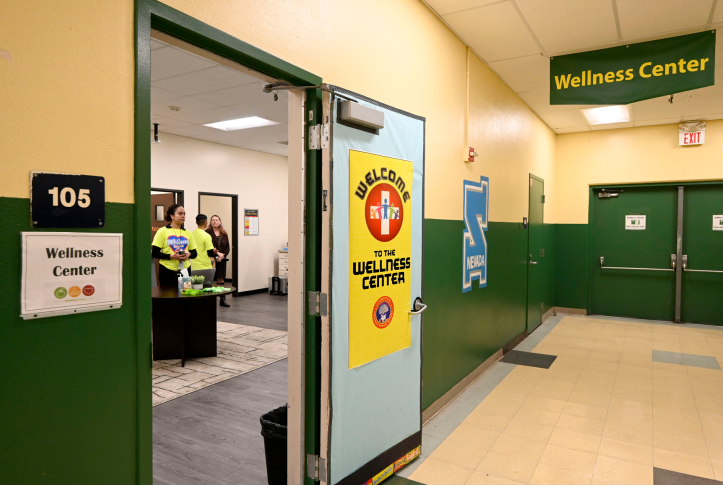Since the COVID-19 pandemic began, many sectors have been hit with high staff vacancy rates. This includes behavioral health professionals who serve young people, and includes school behavioral health staff, child psychologists, and therapists. In Massachusetts a recent survey reported that for every 10 clinicians that are hired, 13 leave. At the same time, the number of young people diagnosed with anxiety, depression, and behavioral problems has increased significantly. This past fall, more than a hundred state and national organizations focused on improving young people’s mental health and well-being sent a letter to President Biden, calling for a national emergency and specifically for a “robust and comprehensive mental health workforce strategy.”
This increased demand comes at a time when people are leaving the behavioral health workforce for a variety of reasons, including administrative burden, low wages, high caseloads, lack of quality supervision, and poor organizational culture. More than 111 million people live in areas with mental health professional shortages, with an even greater need in sparsely populated states and territories. The U.S. Department of Health and Human Services issued a health workforce strategic plan that outlines goals and partially addresses the gap, but does not focus enough on the growing need for mental health workers, particularly those who specialize in treating young people. Slowing the workforce exodus and meeting growing demand will require action from behavioral health leaders and federal and state policymakers.
The Biden administration has committed funds to address the U.S. workforce crisis but hasn’t committed to a national strategy to address the youth mental health worker shortage specifically. In the absence of such a coordinating force, individual states and organizations are making recommendations and creating individual plans. The National Association of State Mental Health Program Directors issued a draft workforce resource guide in October 2022, outlining several innovative state initiatives addressing workforce challenges. The United States needs a 10-year national youth mental health workforce strategy that considers the challenges of all states and territories and provides standardized strategies and measurable outcomes.




